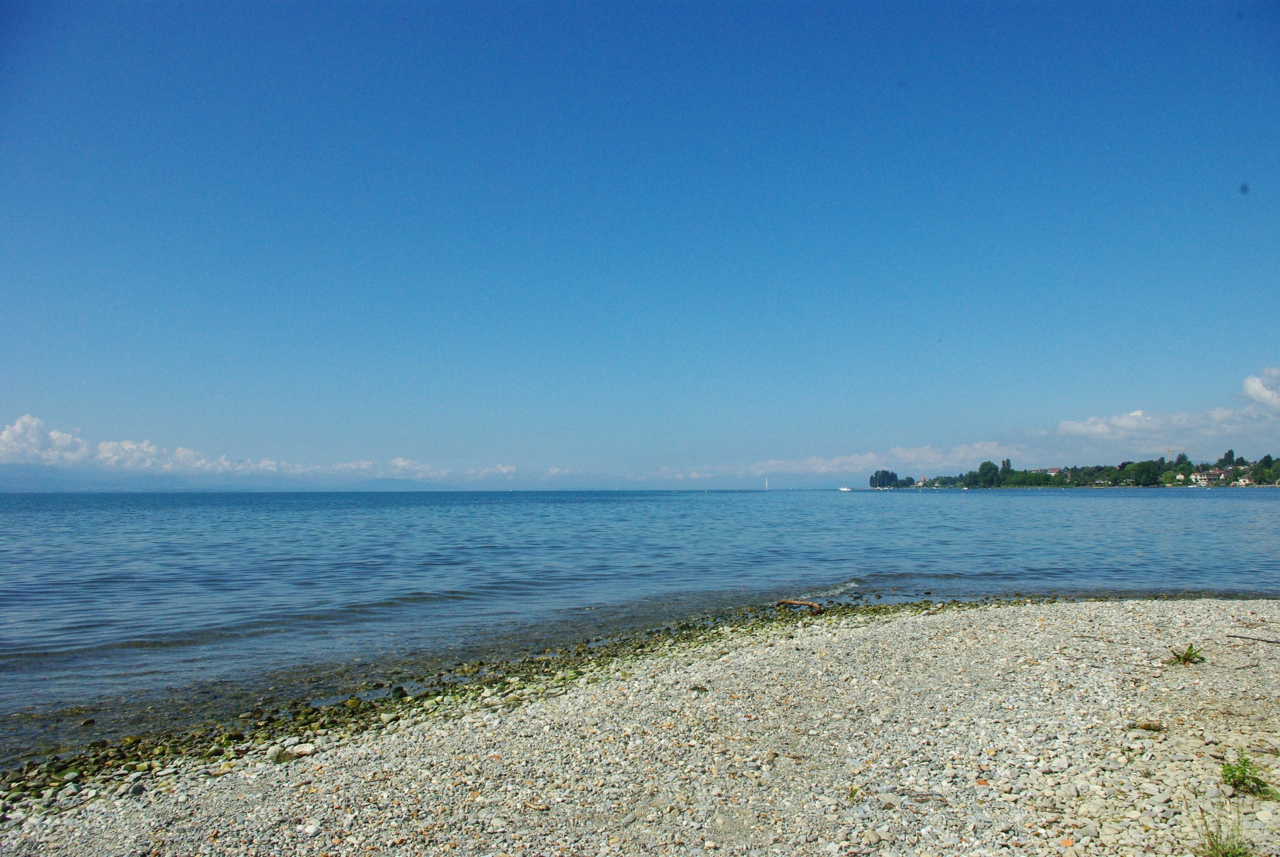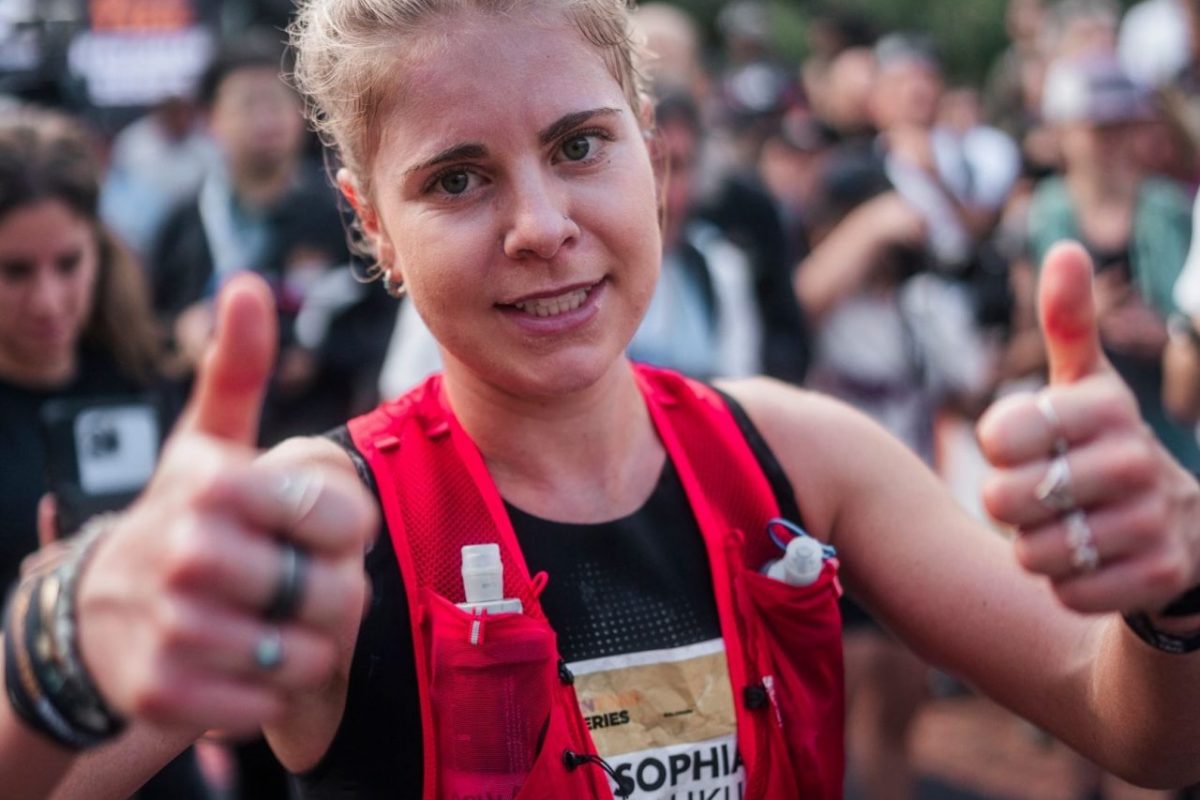
This week FasterSkier will be in Lausanne, Switzerland, to cover the International Olympic Committee (IOC) Executive Board meeting and candidate city briefings for the 2022 Winter Olympics. Beijing, China, and Almaty, Kazakhstan, are the two candidates, and each will have a chance to present their proposals to IOC members and then to the press.
To learn what’s coming up, read on.
Who Else Will Be There?
The IOC Executive Board comprises 15 people: IOC President Thomas Bach, four vice presidents, and ten other members. The board will meet on Monday about governance and hear progress reports from internal committees and Games organizing committees.
The IOC itself has 115 members, all of whom can come to the Tuesday and Wednesday sessions to hear and judge the proposals by the 2022 candidate cities, Beijing and Almaty. The members are 15 current athletes, 15 heads of the international sports federations, and 15 heads of countries’ national Olympic committees. The remaining spots are allocated to other former athletes, royalty from various countries around the world, and high-flying businessmen and -women.
Some names you might recognize among the IOC members: Norwegian biathlon great Ole Einar Bjørndalen is an athlete representative, as is Kenyan distance runner Paul Tergat and Canadian hockey champ Hayley Wickenheiser. International Ski Federation president Gian Franco Kasper is also an IOC member, as is former WADA Chairman Dick Pound.
Additionally, Italian ski legend Manuela Di Centa – who participated in a remarkable five winter Olympic Games – and Swedish anti-doping advocate Dr. Arne Ljungqvist, who has talked to FasterSkier on several subjects in the past, are honorary members.
It’s not known if all of those listed above will be attending; at one of last year’s major meetings, roughly 100 of the IOC members showed up. But one guy who won’t be there? FIFA President Sepp Blatter, who has said he will sit out the meeting. That’s probably good for the IOC’s image.
What Will President Bach Address?
Agenda 2020. The IOC Executive Board meeting will be held on Monday. The agenda includes discussion of Bach’s Agenda 2020 plan for the IOC’s future, which was approved unanimously last August. That included 40 recommendations relating to the bidding process, sustainability of the IOC, how to decide what events are included, Games management, anti-doping, and more – including a $600 million television channel. You can see the agenda here.
Any progress on the agenda that has already been realized is likely to be touted. For instance, Bach recently imposed changes to the composition of the IOC commissions, calling for an increase in the number of women holding commission positions, as well as the number of members from lesser-represented regions like Africa, Asia, and Oceana.
SportAccord and Criticism. However, not everyone sees Bach’s presidency, to which he was elected in 2013, as a positive thing. Marius Vizer was, until recently, the president of SportAccord, an organization of international sports governing bodies. At the SportAccord convention in Sochi in April, Vizer reeled against the IOC’s lack of transparency and its lack of respect for the international federations.
“I always tried to develop a constructive collaboration with the IOC and with President Bach,” Vizer said in a remarkable speech, the text of which you can read here. “A collaboration based on respect towards the Olympic Movement, its members and the values in which I believe. Unfortunately, it never became reality. I made a number of proposals in favor and for the benefit of IFs and SportAccord but we have never received a positive reaction. Mr. President… Do not interfere in the autonomy of the sport organizations.”
Framing the IOC as a profit-hungry behemoth, he positioned himself and the SportAccord group as more friendly to federations and indeed athletes around the world.
“Why invest hundreds of millions of dollars in Opening and Closing ceremonies, while millions of athletes live in hunger and they don’t stand a chance in sport due to the lack of proper conditions?” he said. “If indeed the IOC distributes $3.25 million a day, every day of the year, for the development of sport worldwide, why do millions of athletes suffer and cannot enjoy or reach performances in sport? Together, SportAccord and IOC must find a solution to compensate National Federations and athletes from their events. Today, the money invested in sport never reaches the athletes and their families.”
As pointed out in an Inside The Games thought piece, these complaints have been echoing for more than 40 years: that international federations govern sport 365 days a year, while the IOC governs them once every four years but still gets all the glory and profit.
Unfortunately for Vizer, the international federations were alarmed at the antagonism towards the IOC, and most of the major ones began to sever their ties with the organization. Vizer requested to meet with Bach to discuss a 20-point agenda.
One proposal was having prize money at the Olympics, something brought up by athletes such as Australian hurdler Sally Pearson, who wants to be compensated for her work as, essentially, an entertainer. The Olympics bring massive profits to organizations and corporations, but not necessarily to the individuals who create the drama and excitement.
Bach let the meeting request hang there. Vizer may have been done in by his ambition. Another proposal was to launch a unified World Championships for all sports every four years, clear competition for the Olympic Games.
The rift with SportAccord is reported to be on the Executive Board agenda, so it may be addressed in Bach’s press conference. Vizer, however, stepped down last week, so the discussion may be irrelevant. Still, some of his criticisms over transparency and revenue sharing are sure to be voiced by others in the future.
Games updates. Also look for updates on upcoming Games: Rio de Janeiro, which will hold the 2016 Summer Olympics in just over a year; PyeongChang, host of the 2018 Winter Olympics; and Tokyo, host of the 2020 Summer Olympics.
Bidding process. The Olympics are in some ways at a low in terms of support, with many potential host cities withdrawing their proposals to host the 2022 Games. Once the field was whittled down to just Beijing and Almaty – the only two cities to submit full proposals for candidacy – there were many calls in the sports world to reopen the bidding process and encourage more bids. The astronomical $51 billion cost of the 2014 Winter Games in Sochi, Russia, scared off many potential hosts.
The bidding process was also a tenet of Vizer’s criticism.
“The voting for potential host cities of the Olympic Games is compromised,” Vizer said in his inflammatory speech. “Key stakeholders are excluded from making informed decisions when selecting Olympic host cities: the bid cities cannot present their candidatures at SportAccord Convention to all stakeholders, IOC Members cannot visit bid cities and during the IOC Session, when the vote takes place, IF Presidents – who are organizers of the Olympic Games, are obliged to leave the room.”
These might not be the complaints leveled by potential host cities, but they are certainly relevant. In fact, the new-ish rule that IOC members can’t visit bid cities could determine the outcome of the 2022 process – after all, likely all of the IOC members were present in Beijing for the 2008 Games, while many have probably never been to Almaty.
With the candidate city presentations on the schedule, Bach may address these financial and fan interest concerns in his press conference on Monday evening.
Corruption. Bach may also address corruption: after all, Zurich is just a two-hour train ride from Lausanne, and the filth of the recent arrests of FIFA board members seems tangible. Bach should allay concerns about corruption in the sporting world.
This is especially true given the two countries bidding for 2022. Almaty last hosted the Asian Winter Games, and one of the organizers was later jailed after appropriating $3 million from the Games budget for personal use, buying cars and property. The Anti-Corruption Network of the Organization for Economic Cooperation and Development notes that corruption in Kazakhstan is ubiquitous, but that recommendations for criminalizing corruption had not been followed as of 2014.
Meanwhile, Beijing last hosted a Games in 2008, a summer edition. It was believed to be one of the most corrupt Games in history, a title mantle later taken by Sochi. Among the higher-profile scandals, several high-ranking Beijing officials were implicated and fired; an Olympic sponsor, the mining company BHC Billiton, is now being charged for offering hospitality and tickets to foreign government officials who could help the business in return.
But addressing corruption concerns in Kazakhstan and China head-on is not necessarily likely, as everything within the IOC is a delicate political game. The IOC’s Evaluation Commission published its report on the two bids last week so that IOC members could read up before the meetings, and corruption was not mentioned. (You can download the report here; American skier Andy Newell is featured on the cover photo in the Sochi sprint.)
About Those Bids…
For enthusiasts of snow sports like skiing, climate is a concern in the bidding process. It’s clear that arena sports like hockey, speedskating, and figure skating can be held in warmer cities. But Beijing is scrambling to build a winter sports resort even moderately close to the city. The New York Times reported earlier this winter that the resort is being built in an area already prone to drought, which has scientists concerned over the environmental impact of snowmaking.
For the IOC, impact on regional water availability was a major concern. That’s important to note: not just local water availability, but regional, because it would take so much water to blow sufficient snow that a large area would be parched. But complete reliance on snowmaking also brings other problems, as the commission pointed out. As was a problem in Vancouver in 2010, if temperatures don’t fall below the threshold required to blow snow, the Games could be in a tricky situation.
Additionally, the Evaluation Commission noted concerns of air quality and environmental impact for both of the candidate cities. In both cases, the winter sports cluster would encroach on vulnerable mountain ecosystems; in the case of Beijing, the area set to host the alpine skiing and sliding sports is just next to a national nature reserve. As was shown in Sochi, organizing committees sometimes don’t follow guidelines for how to build responsibly in such areas.
For Almaty, there was concern about whether the promised hotels and housing would be able to be built, and that transportation infrastructure to the mountain cluster was inadequate and potentially unsafe. For Beijing, the building of venues and housing is not a problem – it’s how the process gets done that raises red flags.
The issue is how the Chinese government relocates residents displaced by construction. Apparently “Beijing 2022 offered assurances that they would be provided a choice of new housing or compensation,” but the commission still listed this as an area of concern. Whole books have been written about human rights violations in China before the 2008 Games, including forced relocations.
The IOC and its Evaluation Commission have been fairly open about the major shortcomings of both bid cities. It will be interesting to see how Bach reacts to the proposals presented in Lausanne, and how the organizing committees respond to IOC concerns.
The vote for host city will take place at the end of July in Kuala Lumpur.
For live updates from Lausanne, follow FasterSkier Editor-At-Large Chelsea Little on twitter, @chelskilittle.
Chelsea Little
Chelsea Little is FasterSkier's Editor-At-Large. A former racer at Ford Sayre, Dartmouth College and the Craftsbury Green Racing Project, she is a PhD candidate in aquatic ecology in the @Altermatt_lab at Eawag, the Swiss Federal Institute of Aquatic Science and Technology in Zurich, Switzerland. You can follow her on twitter @ChelskiLittle.



